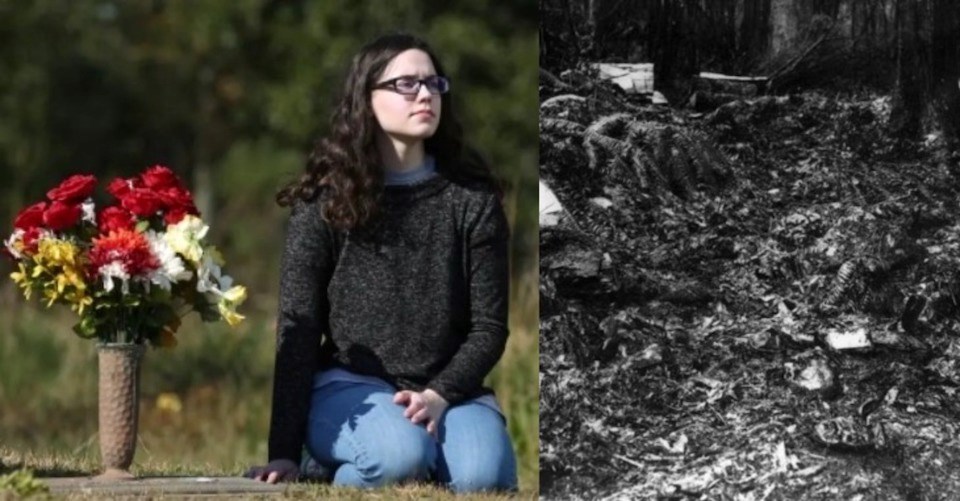In February, we learned that the Babes in the Woods—the two little boys who were murdered in Stanley Park 75 years ago—were Derek D’Alton, 7, and his brother David, 6. Genetic genealogy—the latest crime-fighting tool was able to do what seven decades of police work could not—identify the little boys through familial DNA.
And, while the Vancouver Police Department and the BC Coroner’s Service deserve credit for all the work that they’ve done, our thanks should also be going to Olivia McCarter, a 20-year-old university student from South Alabama. Olivia’s passion is genealogy and her specialty is identifying the remains of missing children and bringing closure to their families.
Olivia had just turned 19 in 2020 when she read about the Babes in the Woods case on the Doe Network—the international centre for unidentified and missing persons. As the head (unpaid) intern for Boston-based Redgrave Research, she thought she could help to identify the two boys. Olivia contacted Dr. David Sweet at the University of British Columbia who had extracted DNA from the boy’s teeth in the late 1990s, and he put her in touch with detective Aida Rodriguez who was handling the case.
“When I contacted the VPD about doing the case, I had no idea how big it was. I’ve never been to Vancouver. I’ve never been out of the southern United States. I just wanted to work on it because who does that to two little boys?” recalls McCarter.
Detective Rodriguez was very receptive to the idea of using genetic genealogy to find their identities, says Olivia. “She knew that they were not going to get a conviction, she just wanted to give these babies their names back.”
Olivia, who now runs the cold case unit for the Mobile County Sheriff’s Office in Alabama—the youngest person to run a law enforcement unit—says while she didn’t get to work on the genetic genealogy for the two boys, she’s proud of the interns who did and for her initial involvement in getting the case for Redgrave.
Olivia's team in Mobile is working to solve around a hundred open cases.
“Working on kids' cases is my main priority,” she says. “I really like where I am right now. I get about two to three new cases each week from different agencies across the state of Alabama and being able to solve murders and identify missing people in your home is some of the most important work ever. I want to knock out Alabama’s cold cases altogether.”
- For more information listen to Episode 25, the Babes in the Woods update on the Cold Case Canada podcast.
Eve Lazarus is a reporter and author, and she hosts and produces the Cold Case Canada true crime podcast. Her books include the B.C. bestsellers Murder by Milkshake; Blood, Sweat, and Fear; Cold Case Vancouver and Vancouver Exposed: Searching for the City’s Hidden History. She blogs at Every Place has a Story.




